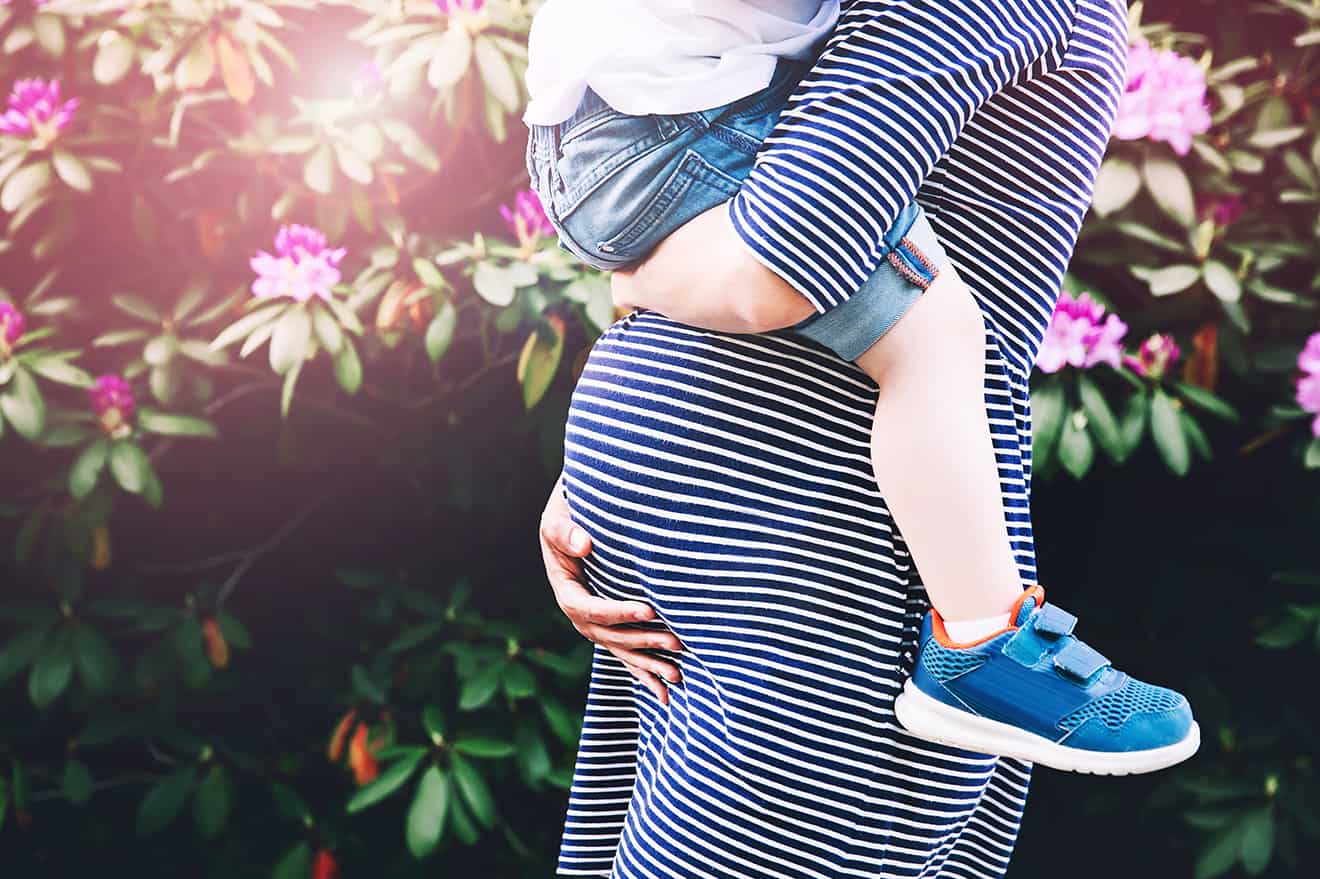5 December 2022
The international surrogacy landscape continues to evolve rapidly, with recent developments across Russia, Ukraine and in relation to legal recognition across the world. Russia’s war in Ukraine, increasing Russian nationalism and international policymakers’ ongoing efforts to legally recognise the parentage of surrogate born children across borders illustrates the complex and fast moving legal and political arena and continued need for expert navigation of international surrogacy arrangements.
Russia
Russian lawmakers will vote for a third time this month (December 2022) on whether to ban foreigners from undertaking surrogacy in Russia. If the bill is passed in its final third reading in the lower house of parliament (having passed nearly unanimously in May 2022), it will be reviewed by the upper house of parliament and then signed into law. In doing so, this would mark a significant change in direction in relation to the practice of paid surrogacy in Russia.
Around 45,000 babies born to Russian surrogate mothers have reportedly been taken abroad in the last few years to be raised by foreign intended parents. This has led to growing concerns in Russia about the commercialisation and future welfare of Russian surrogate born babies. It has also generated concerns that Russian surrogate mothers and babies are being financially exploited by wealthy foreigners. Furthermore, it has sparked criticism that Russian surrogacy is helping to tackle the demographic problems of other countries at Russia’s expense and that the babies in question should instead remain in Russia. It also coincides with growing Russian nationalism, coupled with Russia’s ongoing war against Ukraine.
If Russian lawmakers ban foreigners from entering into surrogacy in Russia, it will mark the closure of another foreign commercial surrogacy destination, following bans in recent years in India, Nepal, Thailand, Cambodia and Vietnam.
Ukraine
As Russia’s war against Ukraine enters its ninth month, Ukraine has shown immense courage and resilience in the face of continued Russian military offensives and violent attacks against its territory, people, buildings and critical infrastructure. The Russian war has wreaked unimaginable loss and devastation in eastern and southern regions of Ukraine, where inhabitants continue to face danger and uncertainty. Millions of Ukrainians have been displaced and many of those that remain face a harsh winter exacerbated by Russian missile and drone strikes that continue to target civilian electricity, heating and water supplies.
Russia’s war in Ukraine brings into sharp focus the very challenging and rapidly evolving environment in which the Ukrainian surrogacy industry now operates. Russian missile attacks on Ukrainian cities, Russian check-points in occupied territory in southern and eastern regions and economic hardship bring added difficulties for all those undertaking surrogacy in Ukraine. Whilst Western and central Ukraine continues to adapt and survive the war, this evolving landscape brings added layers of risk and uncertainty to an already complex international surrogacy process.
The ongoing war in Ukraine therefore serves as a reminder of the importance of undertaking surrogacy in destinations that are stable, free from political instability and war and benefiting from clearly defined laws. It also brings into close focus the importance of obtaining expert legal advice to effectively navigate the evolving international surrogacy landscape and protect all those involved.
Hague Conference on Private International Law
From 17 – 21 October 2022, the Experts’ Group on Parentage/Surrogacy Project of the Hague Conference on Private International Children Law (HCCH) met again to continue its work on the issue of legal recognition of parent-child relationships following surrogacy. In doing so, the Group identified a number of promising elements for one or more Private International Law instruments on legal parentage, as well as a number of feasibility challenges.
The Experts’ Group also recommended that the HCCH Council on General Affairs and Policy (CGAP) (which is due to meet again in March 2023) establish a working group to explore possible provisions for a Convention on legal parentage generally and a Protocol on legal parentage resulting from international surrogacy arrangements.
However, whilst policymakers work towards greater predictability, certainty and continuity of surrogate born children’s legal parentage in international surrogacy cases, it presently continues to operate against the backdrop of a lack of international of surrogacy law. In doing so, this creates ‘limping legal parentage’ for surrogate born children and making it important for all those embarking on international surrogacy to obtain expert legal advice.
Specialist Surrogacy Law
Need a surrogacy lawyer? Louisa Ghevaert Associates provides a range of specialist legal solutions to assist with the management of surrogacy law, legal parentage, parental responsibility, birth certificates and the upbringing of surrogate born children. If you are considering, or are part way through, a surrogacy arrangement in the UK or internationally and you would like to discuss your situation or you require specialist fertility, surrogacy and family law assistance please contact Louisa by email louisa@louisaghevaertassociates.co.uk or by telephone +44 (0)20 7965 8399.




